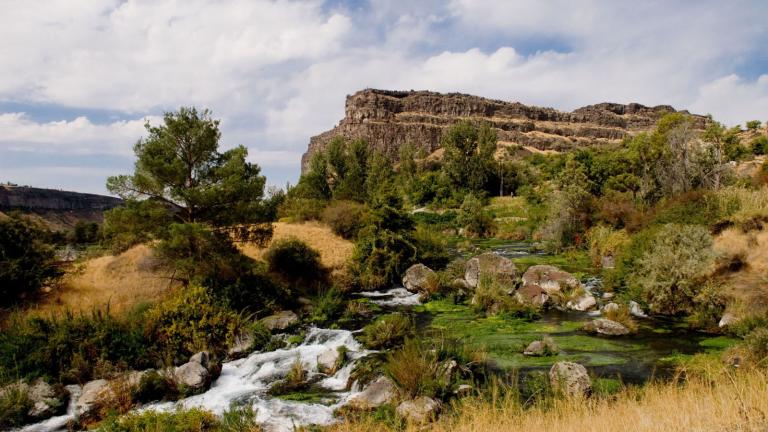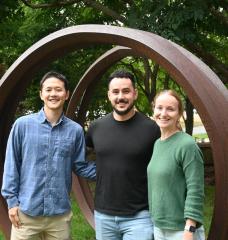
Environmentalists have traditionally relied upon the power of their prose to transform the thoughts and behavior of their contemporaries. In 1963, Rachel Carson, a marine biologist with a penchant for writing, described a world without wildlife in Silent Spring and altered the way Americans understood their impact on the landscape. Like other writers we will encounter this semester, Carson realized that she could alter the perceptions of her contemporaries only if she was able to transmit her knowledge in engaging and accessible language. We will do our best to follow in her footsteps.
Carson relied on the power of the written word. More recent scientists and their public advocates have explored diverse alternatives to print media in their effort to reach a broader audience. We will examine videos and slide presentations designed to inform and inspire. Over the course of the semester, we will also sample the professional writings of climate scientists, geologists, hydrologists, and biologists.
The writing assignments, like the readings, will invite you to consider the distinctive needs of different audiences: your peers, your (imagined) professional colleagues, and, finally, the broader public. As the range of our readings expands, your writing assignments will require careful critical analysis of selected texts. The final assignments will provide you with the opportunity to review current scholarly research on an environmental issue of your choosing. Students will learn to respond constructively to the work of others and to revise their own work in the light of comments from the instructor and from their peers.
Instructor: Dr. Cynthia Taft






